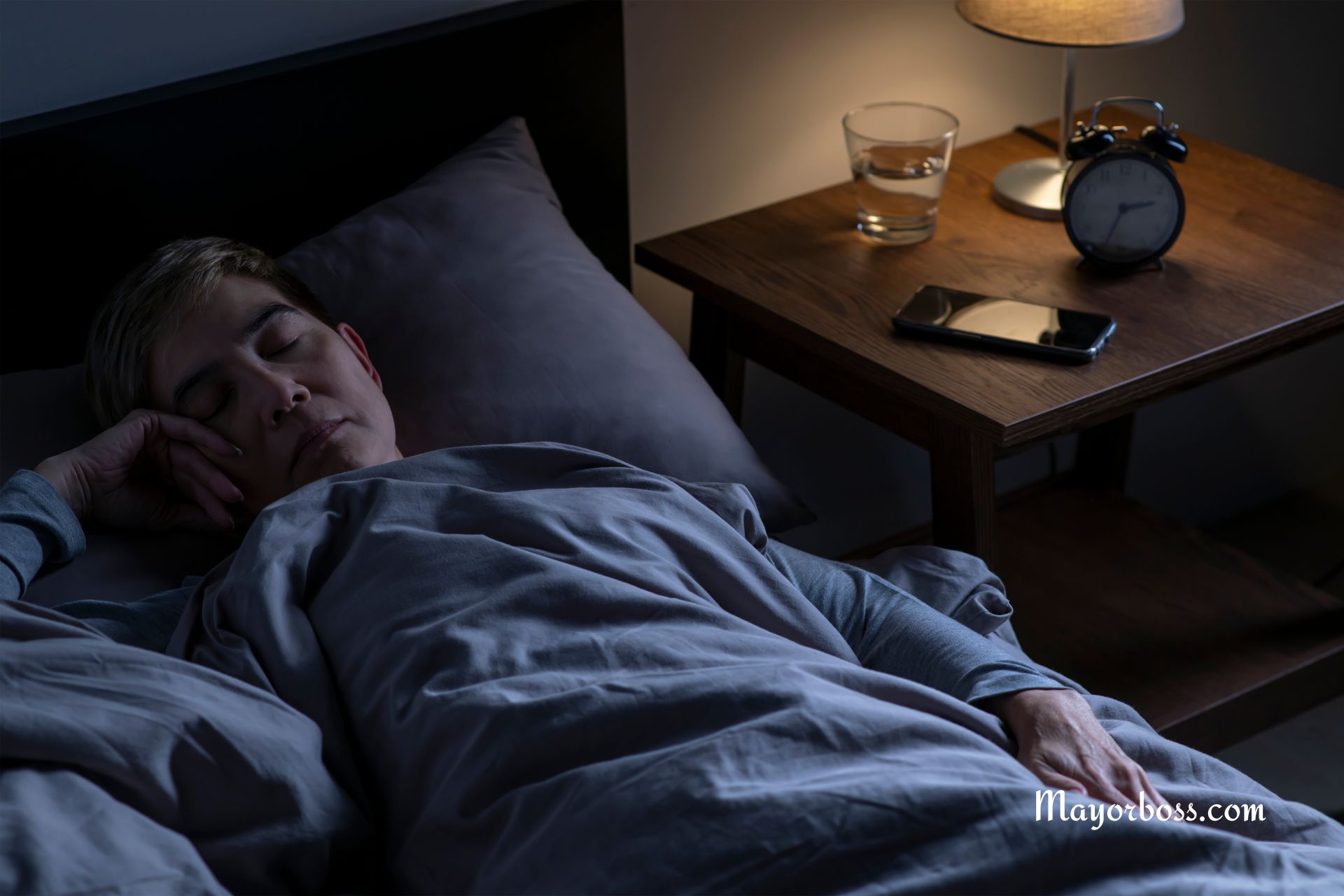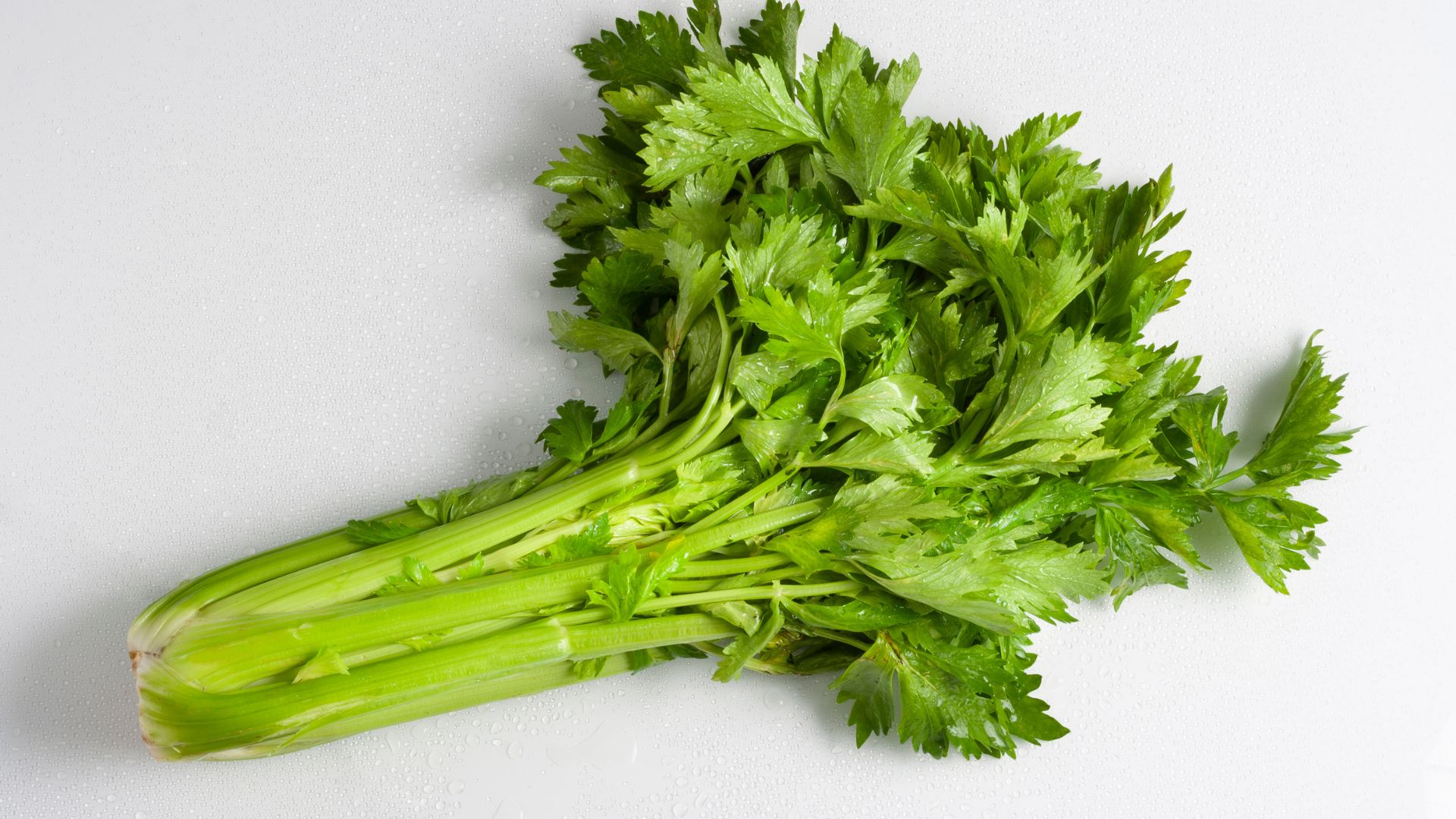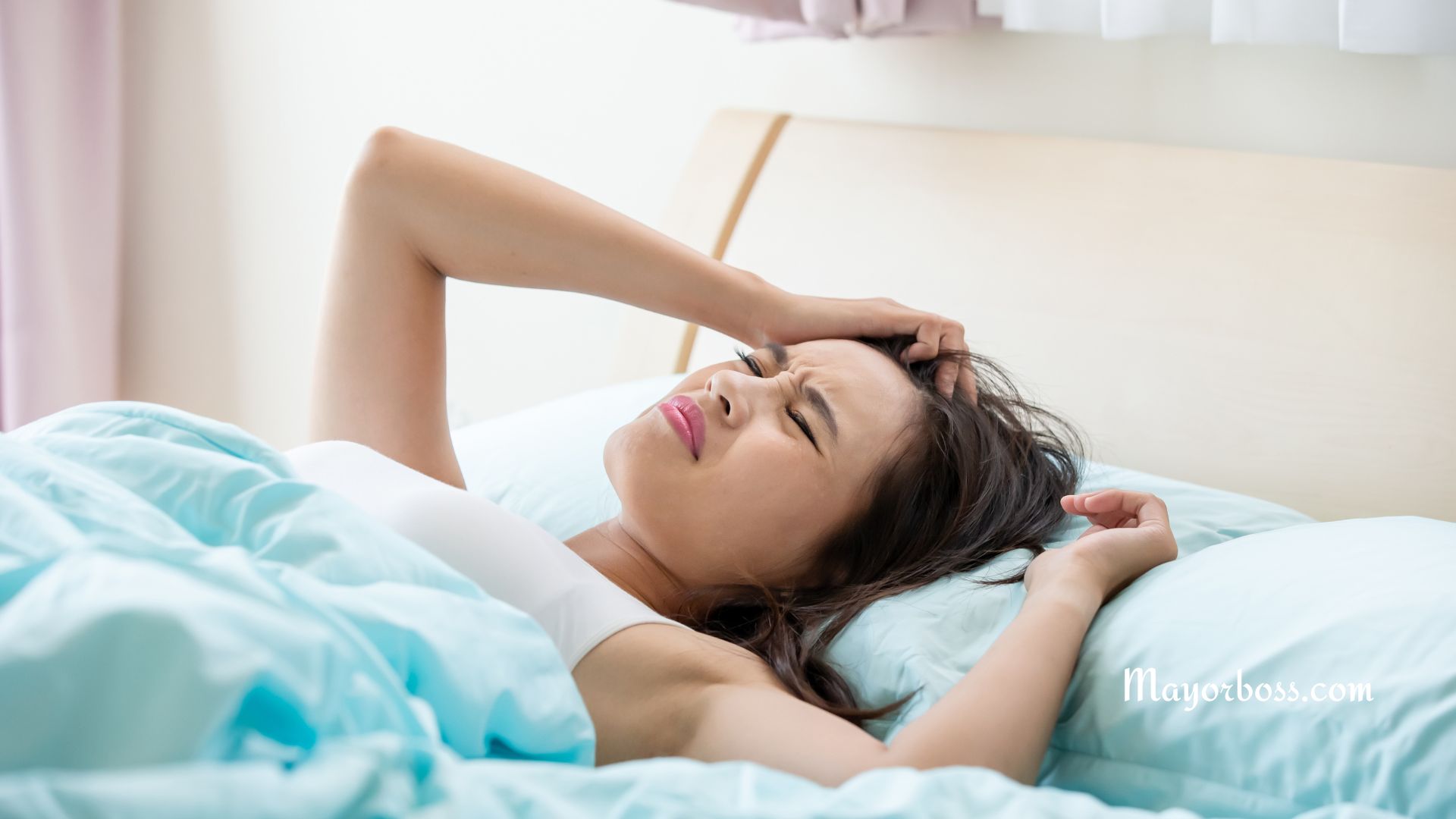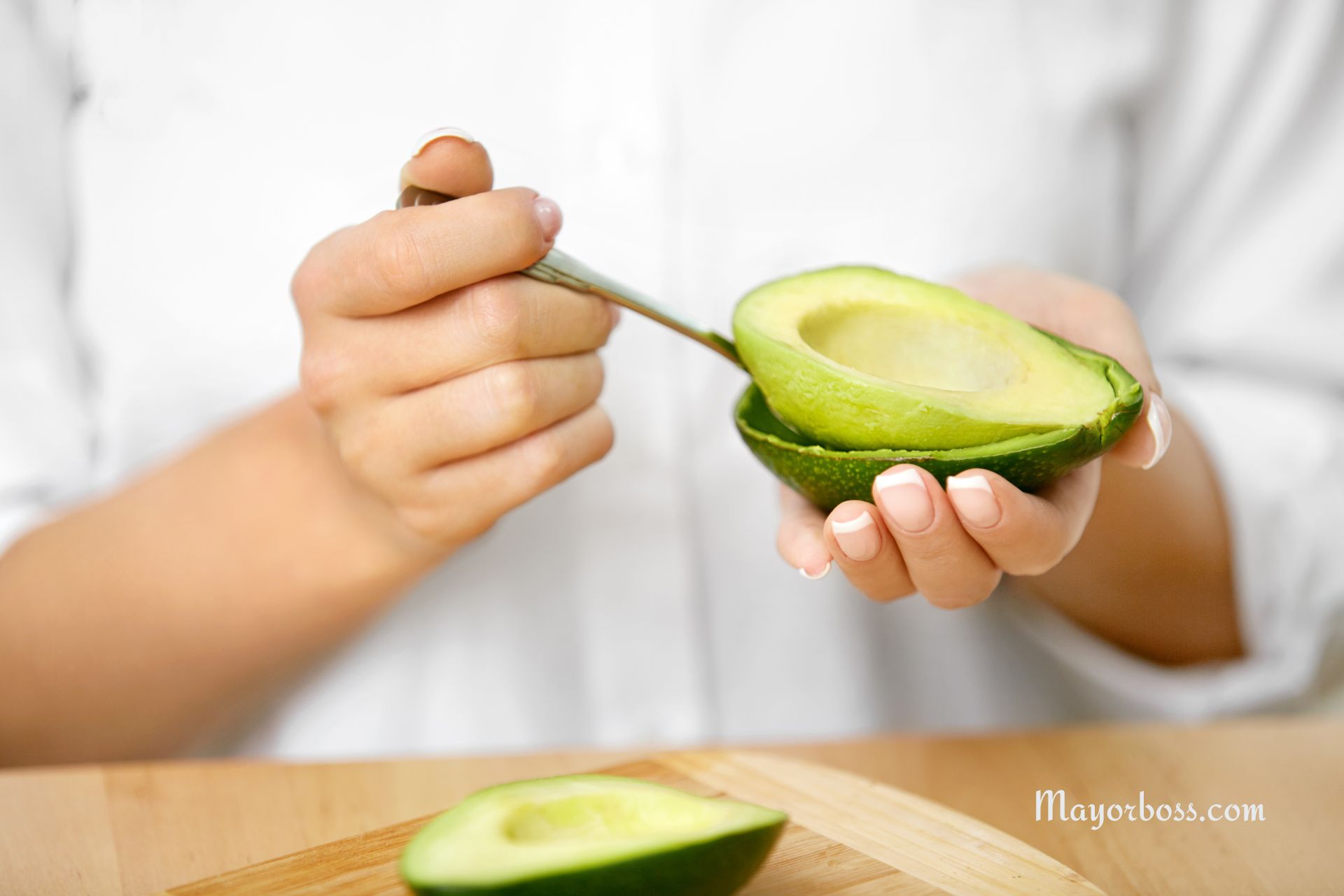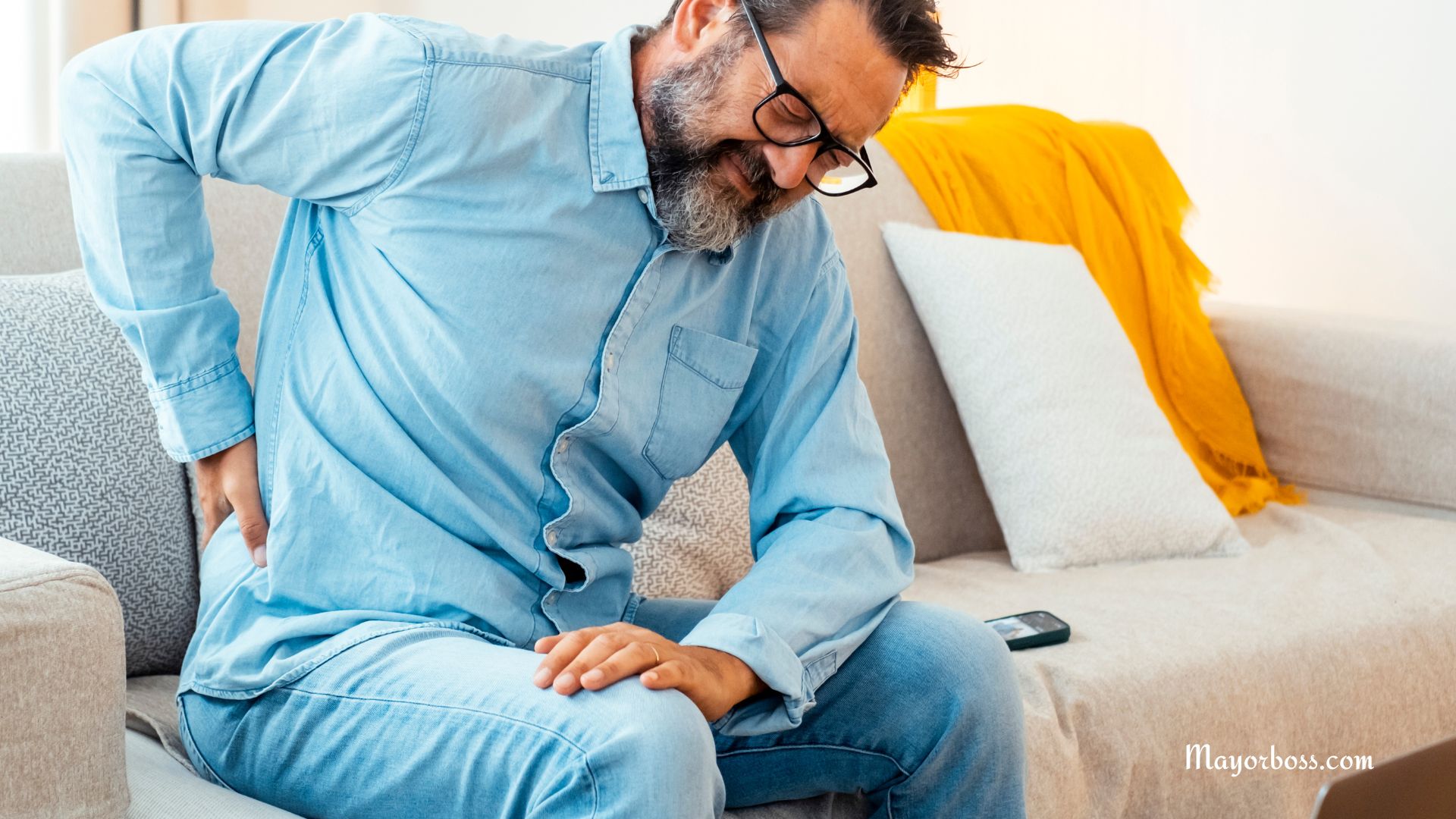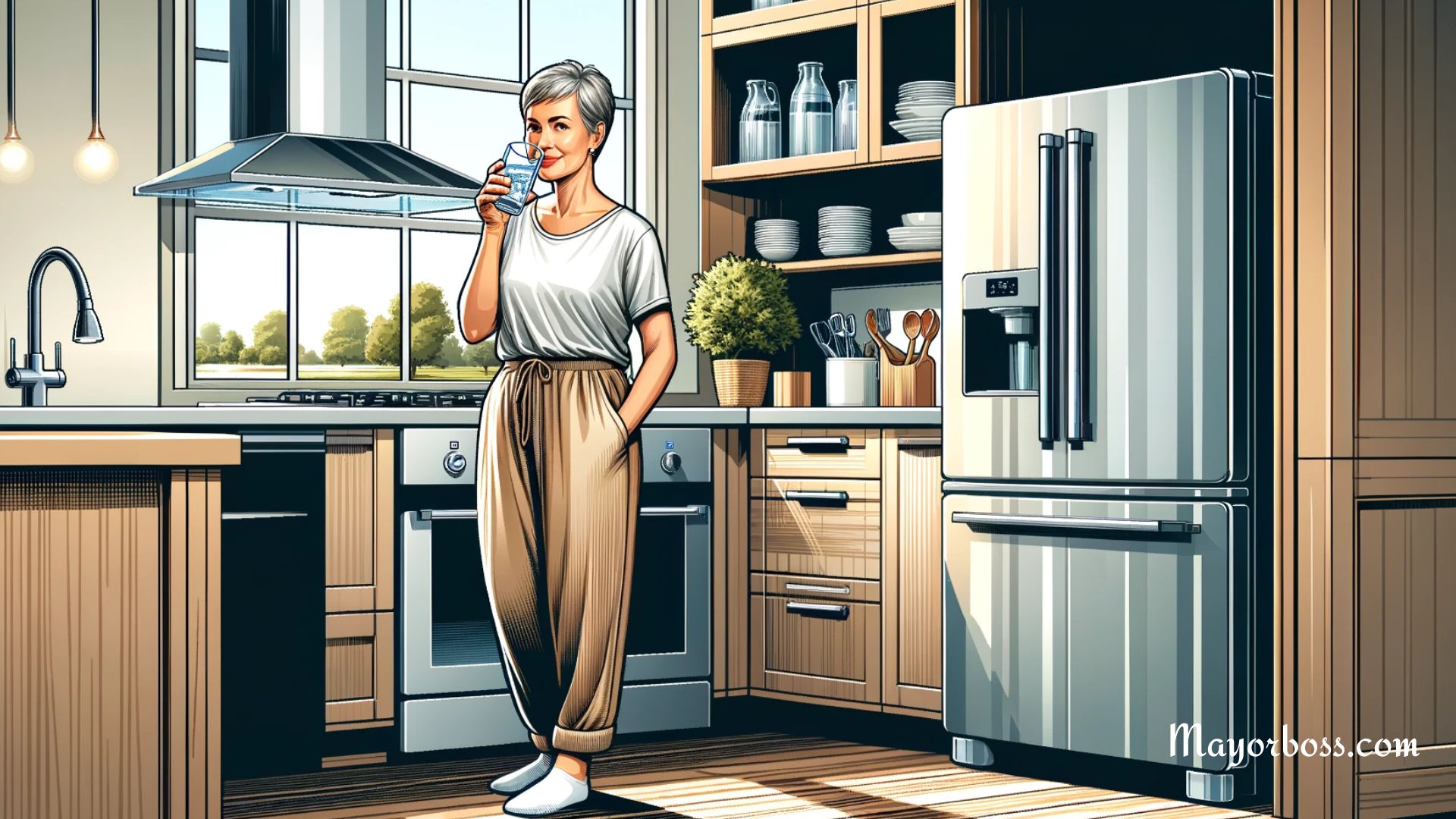4 Things to Stop Doing After 5 P.M. If You Keep Waking Up to Pee at Night
If you often wake up to pee, stop heavy evening fluids, skip caffeine and alcohol after 5 p.m., avoid salty late snacks, and don’t sit all evening with your legs down. These simple changes lower nighttime urine, help you sleep longer, and let your bladder rest.
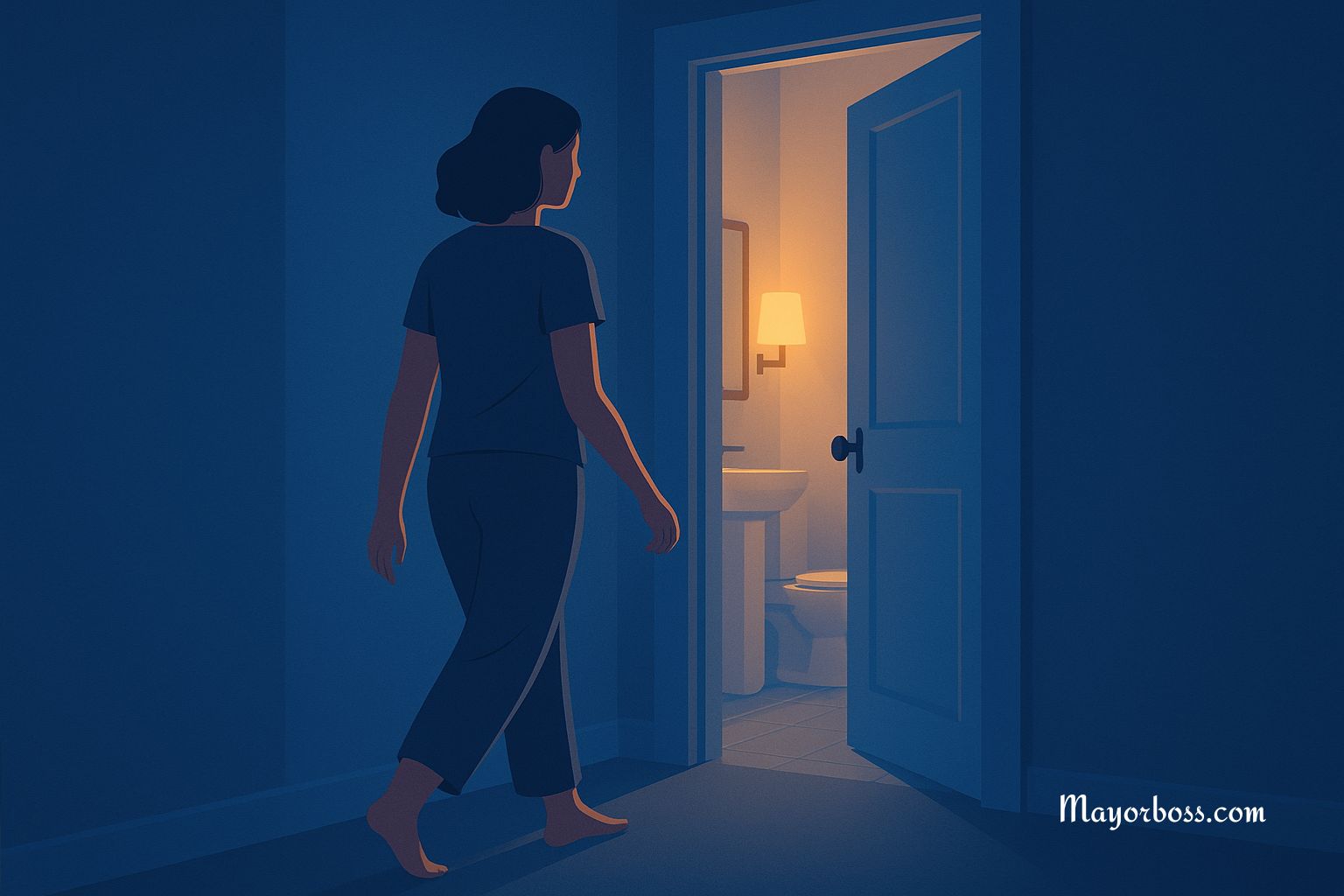
Nighttime bathroom trips are common. For many people, simple evening habits push extra fluid into the bladder during the night. Heavy drinks, certain foods, salt, and long periods with your legs down all add up. The good news is that you can change these habits starting today.
Before we get into the plan, note this: if you have pain, burning, a fever, blood in urine, sudden swelling, or if you are pregnant, contact your doctor soon. If you take water pills or have heart, kidney, or prostate problems, ask your doctor for a safe plan.
1. Stop heavy drinking after 5 p.m.
Large evening drinks fill the bladder while you sleep. To ease this:
- Set a fluid cut-off about three hours before bedtime.
- Sip if you feel thirsty, but avoid tall glasses.
- Get most of your daily fluids earlier in the day.
If your mouth feels dry at night, try a small sip, ice chips, or a rinse. Keep your bedroom cool and use a humidifier if the air feels very dry.1
2. Stop caffeine and alcohol after 5 p.m.
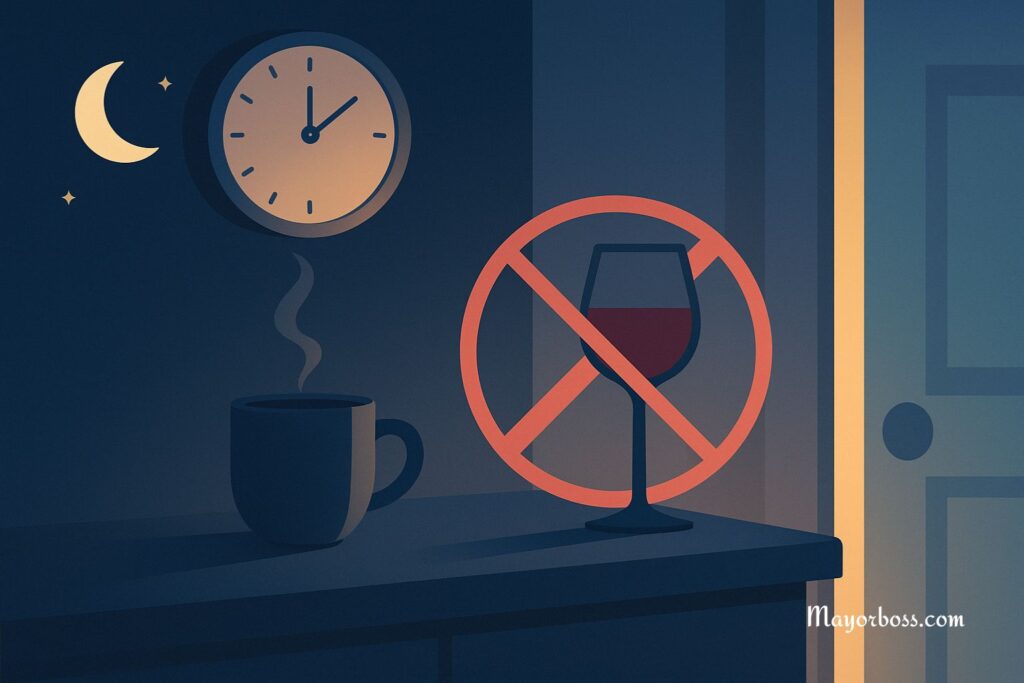
Caffeine and alcohol push your kidneys to make more urine. They also irritate the bladder and disrupt sleep. Common evening sources include coffee, tea, cola, energy drinks, hot cocoa, and chocolate. Even “decaf” can contain some caffeine.2
Switch to choices that are kinder to your bladder in the evening. Try water in small sips, warm milk, or an herbal tea without caffeine. Pay attention to how your body responds, and keep what works.
3. Stop salty, spicy, and ultra-processed late snacks
Salt pulls water into the bloodstream. Your kidneys remove that extra water while you sleep, which leads to more bathroom trips. Spicy foods and some artificial sweeteners can irritate the bladder as well.3
Plan a lighter, earlier dinner. In the evening, choose a small, protein-rich snack if you need one, such as yogurt, a boiled egg, a handful of nuts, or cottage cheese. Limit deli meats, instant noodles, chips, pickles, fast food, and heavy sauces at night.
4. Stop spending the whole evening with your legs down
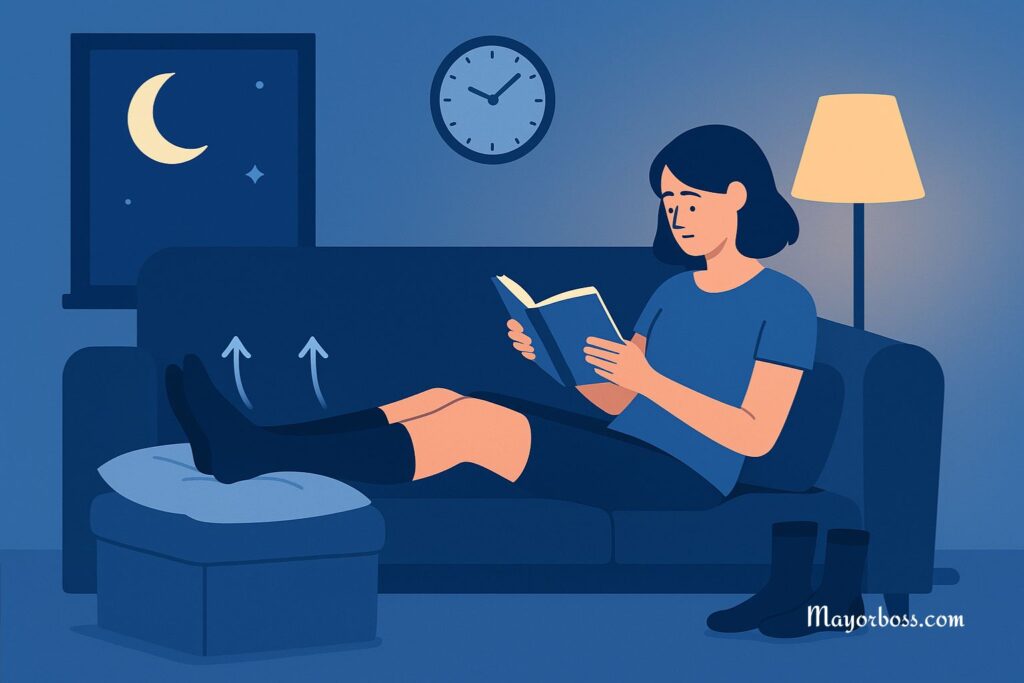
Fluid collects in the lower legs during the day. Once you lie down, that fluid returns to your bloodstream and turns into urine. To reduce this, give your legs a head start in the evening.
- Put your legs up on a pillow or ottoman for 60 to 90 minutes.
- Wear light compression socks in the late afternoon if your doctor says they are safe for you.
- Take a gentle walk after dinner to move fluid back into circulation.
A simple evening routine that works
Here is a clear plan you can follow tonight.
- After 5 p.m.: no caffeine or alcohol.
- Dinner: less salt, fewer sauces, more whole foods.
- Two to three hours before bed: limit fluids to small sips.
- One to two hours before bed: elevate legs while you read or watch TV.
- Right before bed: use the bathroom even if you do not feel a strong urge.
Consistency is key. Give this plan seven to ten nights. Many people notice fewer trips within the first week.
When to see a doctor
Self-care is helpful, yet some conditions require medical attention. Make an appointment if:
- You wake to pee three or more times a night for several weeks.
- You have burning, urgency, fever, or back pain.
- You notice blood in your urine.
- You have new swelling in your legs or shortness of breath.
- You have diabetes or take water pills and need a new plan.
- Men with a weak stream, straining, or dribbling should ask about prostate checks.
- Loud snoring, choking during sleep, or morning headaches could point to sleep apnea, which often leads to nighttime urination.
Try this quick self-check
For three days, track what you drink after 5 p.m., what you eat, when you elevate your legs, and how many times you wake. Many people spot a pattern fast. Use your notes to fine-tune your routine.
FAQs
1) Does drinking less in the evening cause dehydration?
Not if you meet your fluid needs during the day. Aim for steady daytime intake. In the evening, use small sips. Your urine should look pale yellow. Very dark yellow can mean you need more daytime fluids.
2) Which drinks are most likely to wake me at night?
Coffee, tea, cola, energy drinks, and alcohol lead the list. Sweetened drinks and sparkling water can bother sensitive bladders, too. For the evening, try water in small sips, warm milk, or a gentle herbal tea without caffeine.
3) How long should I elevate my legs?
Most people do well with 60 to 90 minutes in the early evening. A short walk before and after helps move fluid. If you have heart or kidney disease, ask your doctor for personal guidance.
4) Could nighttime urination point to a health problem?
Yes. Infection, prostate enlargement, diabetes, heart or kidney disease, and sleep apnea can all cause nighttime urination. If self-care does not help within two weeks, or if you have warning signs, book a visit.
5) What if I already stopped evening drinks and still wake up?
Check the other factors. Remove caffeine and alcohol after 5 p.m., cut salty snacks, and elevate legs. If you take water pills, ask about earlier timing. If nights remain rough after two weeks, see a clinician for testing and a tailored plan.

